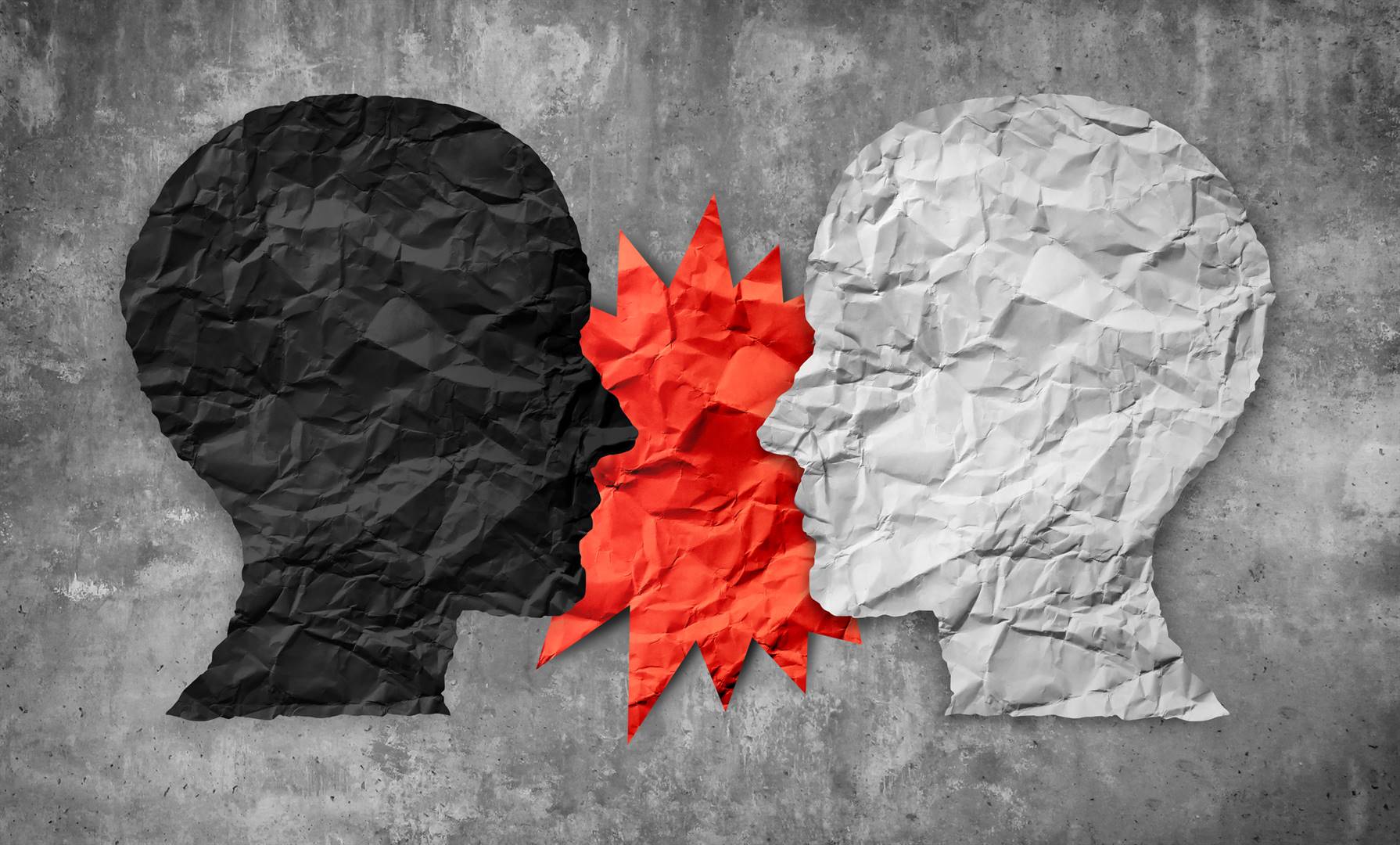
Never than now has it been clear that in South African politics, as things stand, race is a vivid demarcation line of who trusts who and who can be entrusted by whom with leadership responsibility in the political arena.
It is everyday knowledge that the majority of South Africans vote along racial lines.
It is an open secret that Mmusi Maimane’s ascendance to the helm of the Democratic alliance led, though slowly but surely, to the mass exit of the white vote from the Democratic Alliance.
It is then no surprise than an apologetically white Afrikaner party; the Freedom Front Plus increased its vote in the recent national election due to the departure of white Afrikaner Liberal voters from the DA.
To supplement the argument that race is a determinant of voter allegiance, one can draw back to the case of a number of other parties like the dominantly Indian Minority Front, the dominantly coloured Independent Democrats that has rebranded as the GOOD Party and of course the dominantly black Economic Freedom Fighters and African National Congress.
With that said, it was foreseeable that Maimane may well have been in the view of many liberal white Afrikaner South Africans not the ideal face to represent their views, aspirations and interests as a racial group.
South Africa’s history is one of racial polarisation. The atrocities of apartheid and the injustices watered down by the Truth and Reconciliation Commission (TRC) are still raw memories.
It is off-putting to imagine that in a country with a history such as ours sane people can believe that race is a non-factor in the class, economic and political set up of this country.
South Africa is a unique country in that, to a large extent, one’s race determines where one finds her/himself positioned in the economic chain.
It is incontestable that the economy and the land are in the control of the white minority and any party that defends the grip that whites have on the economy and the land will be their inevitable choice.
It was therefore not a surprise that when Maimane acknowledged and spoke out on the need for some deliberate effort to circumvent the plight of black people, he was purged by those who sought to solidify and legitimise the racially wedged injustices the country has come to embrace and normalise.
Once we indulge the facade of non-racialism – the belief that race is an insignificant non-factor – we will be foregoing reason.
We ought to take a hard look at the very concept of non-racialism and how this concept behaves like a kind of brain virus infecting a multitude of people.
It acts as a blockage to the reconciliation project and masquerades itself as a dressed wound that replicates itself as a cancer to the true reconciliation project that we, as a country could be taking.
The concept ought to be viewed as dubious, immoral and illusionist. Non-racialism in the context of the racially dictated realities of South Africans should be scrutinised far more critically than it currently is.
If that scrutiny does one thing, it is my hope that it encourages people to start questioning why a black Maimane was smeared, discarded and eventually found himself having no choice but to bow out of a party he had long perceived to be carrying his aspirations of a non-racial society.
You will also need to ask yourself why and how it is that the DA is on a deliberate effort to reclaim its white face if indeed non-racialism is an aspiration of it.
South Africa is a beautiful basket of black, white, Indian, Coloured, Khoi-San, Asian and more who want to enjoy the beauty of it because they are motivated by the opportunities that could be brought by unity and the prospect of Mandela and Tutu’s Rainbow Nation.
Of course politics and the discourses that are a by-product of it are important but as we wake up to the huge challenge of the road we need to travel in our reconciliation and understanding one another let us not forget the elephant in the room – the denial of the role of race in South Africa’s social, economic and political discourse.
• Gcina Mtengwane is a lecturer in the Community Development Programme of the QwaQwa Campus of the University of the Free State. He writes in his personal capacity.
 | ||||||||||||||||||||||||||
Get in touchCity Press | ||||||||||||||||||||||||||
| ||||||||||||||||||||||||||
| Rise above the clutter | Choose your news | City Press in your inbox | ||||||||||||||||||||||||||
| City Press is an agenda-setting South African news brand that publishes across platforms. Its flagship print edition is distributed on a Sunday. |




 Publications
Publications
 Partners
Partners








